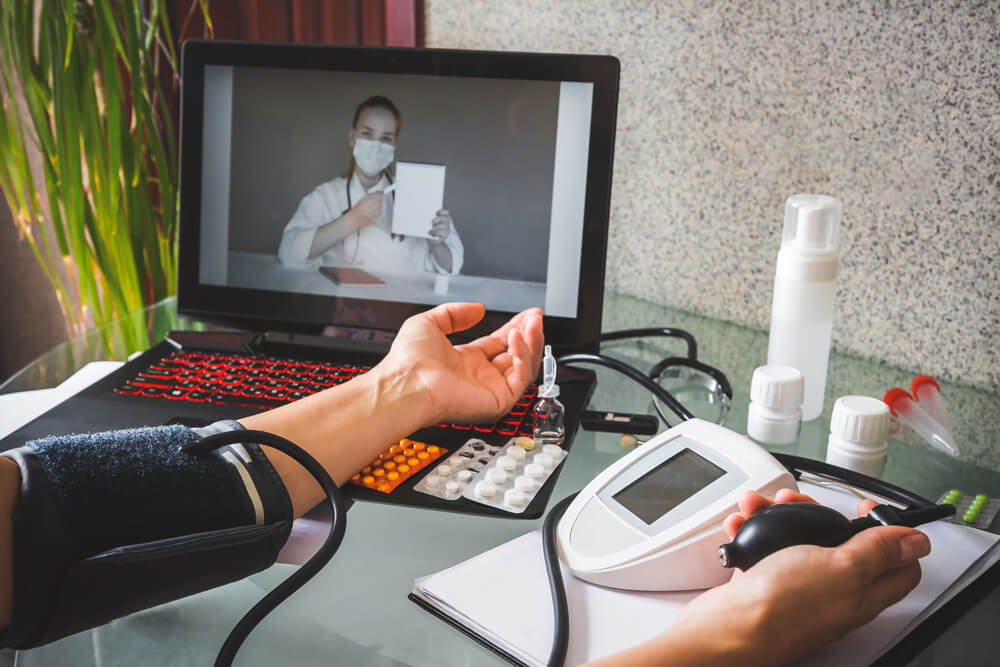The impact of smart implants on recovery and rehabilitation is transforming how patients heal after injury or surgery. These advanced devices go beyond traditional implants by offering real-time feedback, monitoring recovery progress, and even adjusting performance automatically. As a result, doctors and physical therapists can deliver more personalized and effective care.
Thanks to smart implants, recovery becomes faster, safer, and more tailored to each individual’s needs.

What Are Smart Implants?
Smart implants are medical devices embedded into the body that contain sensors, microchips, or wireless technology. Unlike traditional implants, these smart devices can collect and transmit data about a patient’s condition. Some can also respond to changes within the body and adjust accordingly.
For example, a smart knee implant might track joint movement and pressure, sending the data to a smartphone app or doctor’s dashboard. This helps ensure proper healing while allowing the medical team to monitor progress remotely.
Speeding Up Recovery Times
One major advantage of smart implants is their ability to speed up recovery. With real-time data, doctors can detect problems early and make quick adjustments to the treatment plan. This prevents complications and helps patients avoid setbacks.
For instance, if a hip implant detects unusual stress or poor alignment, doctors can intervene before permanent damage occurs. Additionally, patients who know their recovery is being tracked often stay more motivated and consistent with rehab exercises, which further boosts results.
Enhancing Physical Therapy with Real-Time Feedback
The impact of smart implants on recovery and rehabilitation is especially clear in physical therapy. Smart implants allow therapists to tailor exercises based on exact measurements from the body. This data includes joint angles, muscle pressure, and range of motion.
Instead of relying only on observation or patient feedback, therapists can now use hard data to fine-tune rehab plans. This makes therapy more efficient and reduces the risk of overexertion or injury.
Moreover, smart implants can alert therapists when progress stalls, allowing for immediate changes to the program.
Improving Patient Safety and Reducing Readmissions
Smart implants also improve patient safety by acting as early warning systems. If inflammation, infection, or implant failure begins, the device can detect it before symptoms become severe. This early detection leads to faster treatment and fewer emergency situations.
As a result, hospitals see fewer readmissions and complications after surgery. Patients recover at home with more confidence, knowing their implant is monitoring their condition continuously.
Supporting Long-Term Rehabilitation
While smart implants shine during the initial recovery phase, they also support long-term rehabilitation. Patients with chronic conditions or injuries that take months to heal benefit from ongoing monitoring.
For example, in spinal surgeries or complex joint replacements, healing can take up to a year. A smart implant provides continuous updates on progress, helping doctors guide the patient through every stage of recovery—even after the hospital stay ends.
This level of oversight was once impossible, but smart technology now makes it accessible and practical.
Challenges and Considerations
Despite the promise, smart implants come with challenges. Data security is a top concern. Since these devices collect sensitive health information, strong cybersecurity measures are essential.
Another challenge is cost. Smart implants can be more expensive than traditional ones, and not all insurance plans cover them yet. As the technology matures and demand grows, these prices are expected to drop.
Finally, not every patient is eligible for smart implants. People with certain health conditions or allergies may not be ideal candidates, so thorough medical evaluations remain necessary.
Conclusion
The impact of smart implants on recovery and rehabilitation is clear: faster healing, better outcomes, and smarter care. These devices offer a groundbreaking blend of medicine and technology, giving healthcare providers tools to monitor, support, and personalize every step of the recovery journey.
As smart implants become more widely available, they will likely become the standard for post-surgical care and long-term rehab. For patients and providers alike, that means more confidence, fewer complications, and better results from start to finish.
